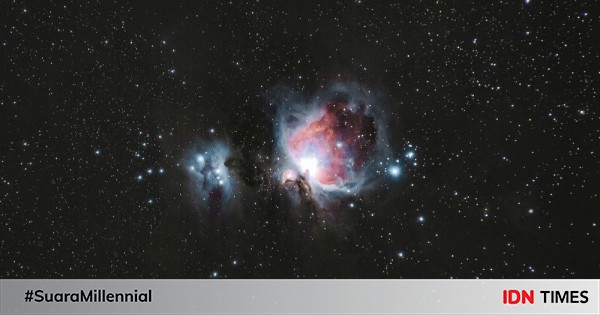The universe is indeed something complicated and full of mysteries. There is an enormous amount of matter in the universe and each forms harmony with each other. Therefore, everything about the universe is always interesting to discuss.
Starting from the beginning of the formation of the universe and every matter that composes the universe continues to be studied by astronomers and scientists. However, what about the ending of universe? What the end of the universe will look like is still a divine mystery.
Scientists have long searched for theories about how the universe will end. Although everything is still a prediction, but of course each of these theories has a logical scientific basis.
There are several theories surrounding the end of the universe. The following is a review of five theories of the end of the universe according to science that have been summarized from the site Astronomy and Futurism.
1. Alpha and Omega
About a century ago, astronomers thought that the Milky Way Galaxy constituted the entire universe. The cosmos seems static and will always be the same. Then, when Albert Einstein discovered his theory of relativity, he saw strange signs. The equations of the theory of relativity imply that the universe is moving, either expanding or contracting.
It didn’t take long for other astronomers to understand and agree with Einstein’s statement. Then, when Edwin Hubble carefully measured the motion of the galaxies around the Milky Way, he showed that these galaxies were indeed moving away.
Finally, mankind has discovered that the universe is expanding. Looking at the facts about the expansion eventually revealed that the entire universe might end up collapsing on its own, or could continue to expand forever.
–
2. Big Crunch
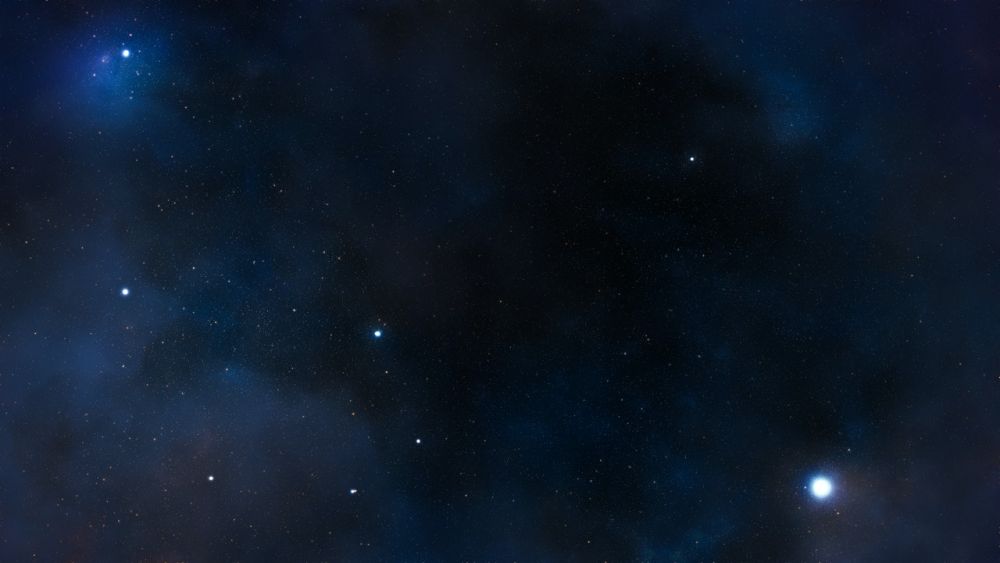 illustration of the universe (pexels.com/Frank Cone)–
illustration of the universe (pexels.com/Frank Cone)–
In 1922, Russian physicist and mathematician Alexander Friedmann created a set of equations which he named Friedmann equations. This calculation shows that the destiny of the universe is determined by its density. The universe can expand or contract; instead of being in a steady state. With enough matter, gravity would eventually stop the expansion of the cosmos.
In the 1960s and 1970s, when astronomers added up all the matter in the known universe, they calculated there was enough mass that the cosmos would eventually collapse and all matter pulled into a super-dense state, or perhaps into a singularity like a black hole. This theory is known as theory Big Crunch.
Also read: 10 Science Facts about Black Hole, the Feared Black Hole in the Universe
–
3. Big Rip
Continue reading the article below
Editor’s picks
–
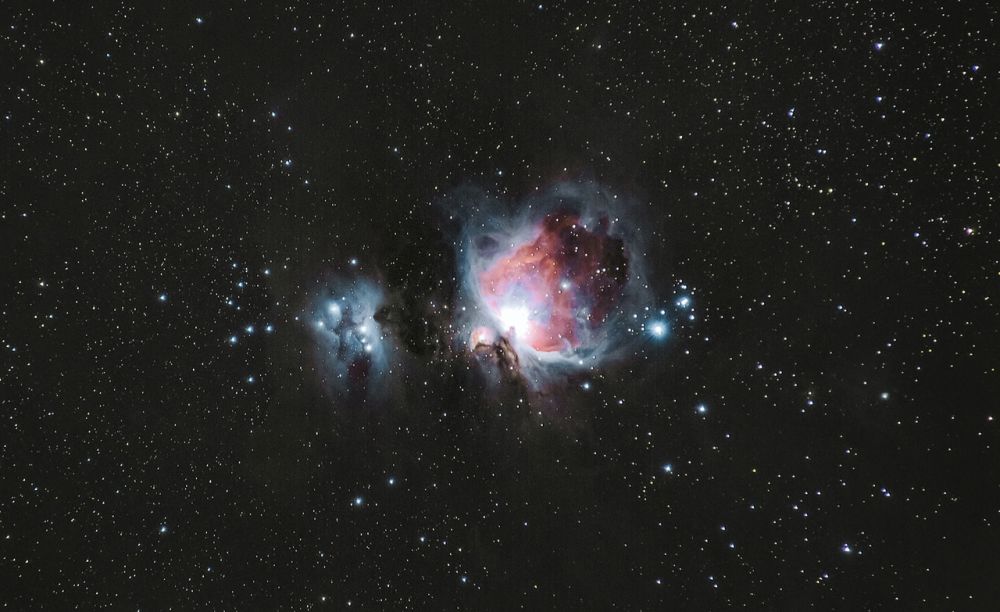 illustration of the universe (pexels.com/Alex Andrews)–
illustration of the universe (pexels.com/Alex Andrews)–
The universe is expanding due to a mysterious form of energy known as dark energy. Every year, dark energy This causes the expansion rate to increase. This expansion is expected to continue indefinitely until galaxies, stars, planets, and matter can no longer hold themselves together. At some point all of this material will separate.
This theory is called Big Rip. Whether this theory will actually happen depends on the critical density, i.e. the value of the boundary between an open model that expands forever and a closed model that collapses back to its initial form.
According to Robert Caldwell, a theoretical physicist at Dartmouth College, if Big Rip actually happens, it will happen some 22 billion years from now. By then, the sun had transitioned from a red giant star to a white one.
–
4. Big Freeze
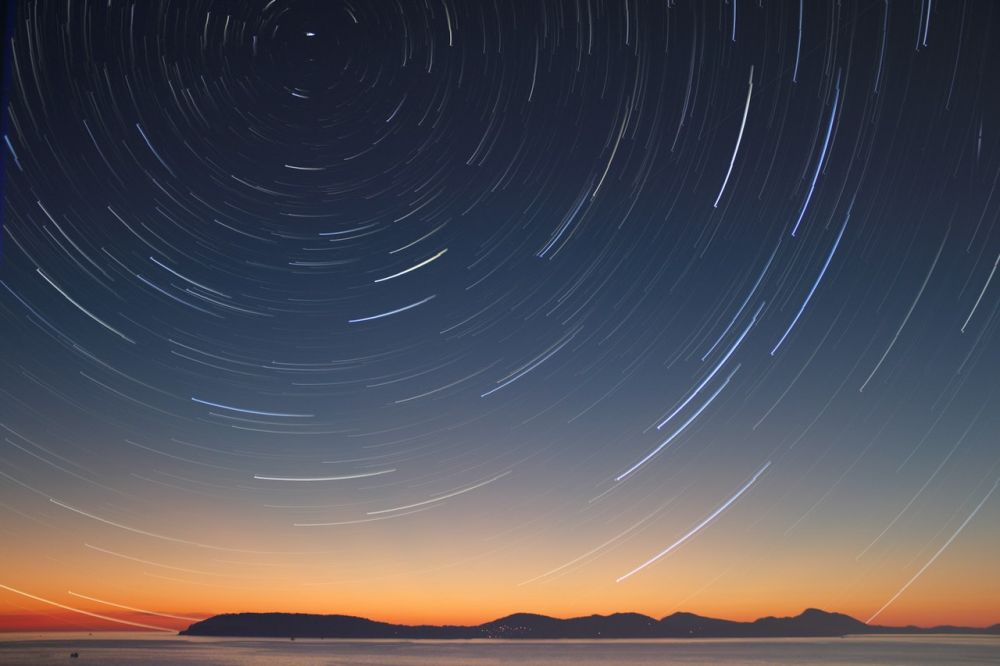 illustration of the universe (pexels.com/Faik Akmd)–
illustration of the universe (pexels.com/Faik Akmd)–
Another popular scenario about the end of the universe is Big Freeze. In this theory, the universe continues to expand at an ever-increasing rate. When this happens, heat is spread throughout space and makes galaxies, stars, and planets farther apart from each other. Everything will be so far away that light from distant stars and galaxies will never be able to reach it.
Eventually, the planets, stars, and galaxies will be pulled so far apart that the stars will lose access to the raw materials needed for star formation, causing the starlight to be extinguished for good. Then, the temperature of the universe will become colder over time until the temperature of the entire universe reaches absolute zero. At absolute zero, all motion stops. Since there is no energy then nothing can exist in such a place at all.
This is the point at which the universe reaches a state of maximum entropy. If this theory holds true, the universe will become a coffin filled with the remains of dead stars.
–
5. Big Slurp
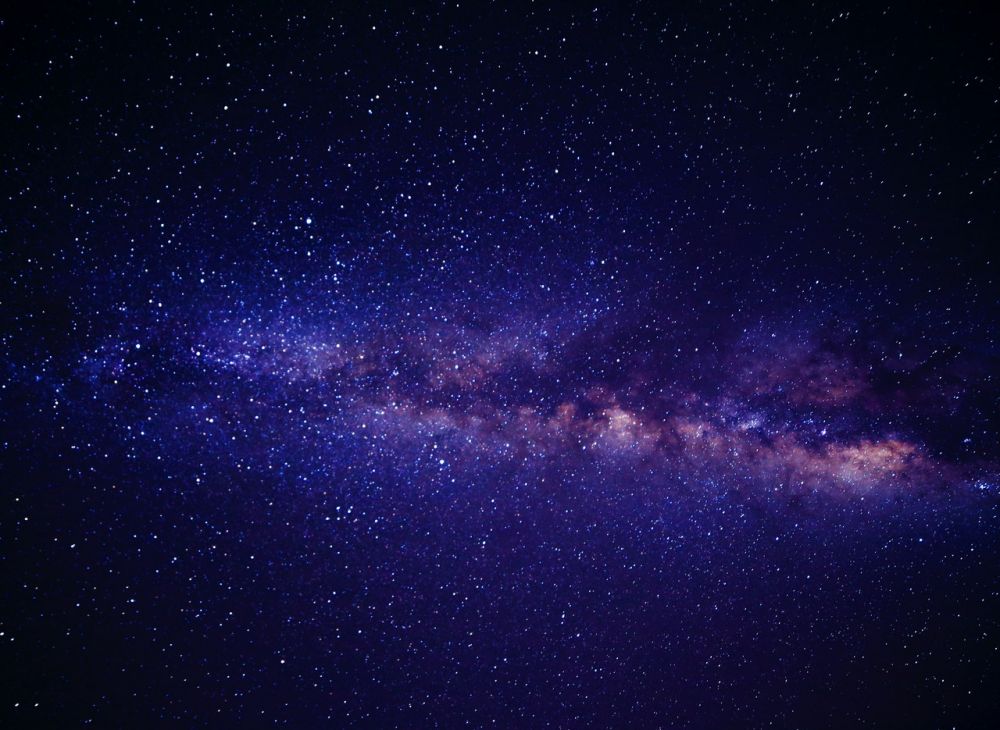 illustration of the universe (pexels.com/Miriam Espacio)–
illustration of the universe (pexels.com/Miriam Espacio)–
This is a theory that only emerged a few years ago after the discovery of the true nature of the Higgs Boson, namely the particles that play a role in giving mass to elementary particles. In this theory, if the Higgs Boson particle weighs a certain mass, it could indicate that the vacuum of our universe may be inherently unstable.
If this is true, then our universe may experience a catastrophic event when bubbles from other universes appear in ours. If this bubble is in a lower energy state than our bubble, universe can be completely destroyed. In essence, it would make all the protons in every matter in our universe decay.
Of course, all of these theories seem downright terrifying when you think about it. However, you don’t need to be afraid because none of these events will happen suddenly and are not predicted to happen in the near future.
Also read: How far can humans explore the universe? These are 5 Science Answers
–
IDN Times Community is a medium that provides a platform for writing. All written works are the sole responsibility of the author.
–
